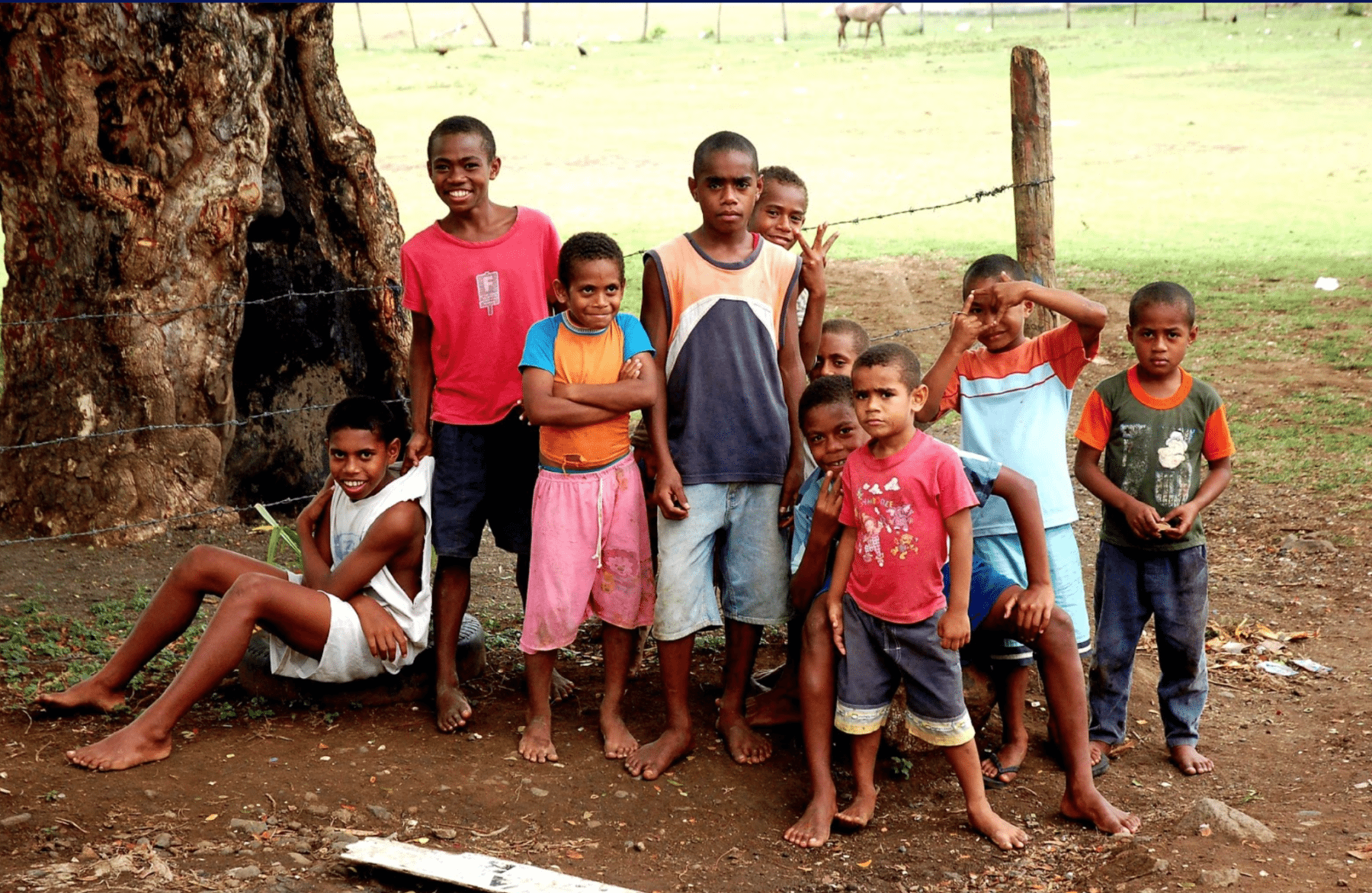Contact Us
Why Does Everyone Speak English in Fiji?

It’s incredibly convenient for visitors that English is a widely spoken language in the Fijian Islands. Nearly everyone living in Fiji understands English and many people can even read and write it. This makes planning simple and finalizing logistics far easier, and hospitality in Fiji is certainly aided by the country’s multilingual speakers. You can also feel more confident that your questions are understood and answered correctly.
Given Fiji’s location in the South Pacific Ocean, you may wonder how English made its way to the islands.
The Languages of Fiji
There are three official languages in Fiji. The traditional language is Fijian. Fijian is spoken by indigenous Fijians and used for day-to-day conversation, some business transactions and traditional events. The specific dialect of Fijian that’s used today is called Bauan.
Fijian is mostly spoken in secluded communities and villages, not tourist centers and cities. As a visitor, you will always encounter a few words of Fijian, such as bula during your trip. But you aren’t likely to hear it spoken in conversation outside a local village or kava ceremony. It is estimated that a mere 54% of the population is fluent in Fijian.
Hindi is another official language in Fiji. There are a large number of Indian immigrants to the island country, and they continue to use the language of their homeland. Roughly 37% of people living in Fiji speak Hindi. However, words from Fijian and English have become part of the Hindi dialect here in Fiji to create a variant of the traditional Hindi you would hear in New Delhi and other parts of India.
Lastly, English is the most widely spoken language in the country. It is the language of business and government in Fiji, and it is also what is primarily spoken in conversation and taught in schools. It is the lingua franca in Fiji. How did English become the common and official form of communication? Fiji’s history holds the answer.
The Colonization of Fiji
Primarily, Fiji is a country of English speakers. You’ll hear English on your television and read it in the newspapers. But indigenous people didn’t initiate the proliferation of English. Rather, the use of English in every sphere, from daily conversation to government, started with the British claiming and colonizing the islands.
Fiji was declared a British colony in 1874. At this time, a king of Fiji named Tui Viti ruled Fiji. However, Tui Viti and the Kingdom of Fiji found itself in growing debt to the United States Navy. Simultaneously island chiefs across Fiji were becoming discontented with the monarch and demanding changes. Tui Viit agreed to cessation in favor of the British crown after the mounting debt and internal strife caused the current monarchy to collapse.
Britain would claim Fiji as a colony up until 1997. These extensive years of British control changed several things in Fiji. Some cultural customs were abolished, such as cannibalism, and other aspects of British culture and custom were imported, such as English. Even as the Fijian Islands were declared independent in 1997, the impact of British influence remained.
Using English in Fiji Today
You’ll frequently hear Fijians speak to one another in English, and despite the history of the language in Fiji, using it isn’t considered rude or impolite. In fact, Fijians embrace English and the positive impact it has on tourism here. Just as the common language helps visitors communicate their questions and concerns, English gives Fijians the opportunity to ask questions and have conversations with visitors.
Still, many people coming to Fiji appreciate the opportunity to embrace local customs, language among them. If you’d like a chance to learn a few words of Fijian before your trip, you can find a list of common phrases from TripSavvy, here.
Planning your trip to Fiji? Learn about the common Fijian phrases and other local customs while staying at Raiwasa Private Resort.
